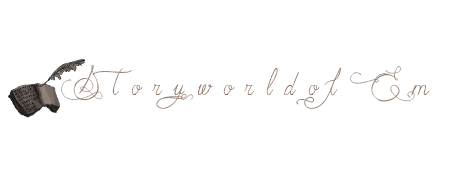Starting your novel is a difficult task. It's daunting and scary and the blank page may terrify you. But fear no more, I will share with you my process of beginning a novel project.
Before starting your novel it's important that you have an outline, or if you are more of a pantser, at least know where your story is going. The opening needs to align with the rest of the story and fit the ending. Figuring out the best place to begin telling your story is difficult, but here are some tips to make it easier:

Brainstorming
Make a mind map of how you want your story to start. Write down any ideas that come to mind and don't stop until every idea is on paper. Start with the hook and work your way from there. The hook can be on the first page or in the first chapter, but it needs to be there. Draw cute little idea bubbles and expand on your ideas until you have a few scenes that give your reader enough information, but also evoke emotion and raises questions so that they'll keep reading.
"Start late and leave early."
This tip is so common that it's almost cliche, but it works. Don't write a boring beginning (more on bad novel openers HERE), and don't lie to your reader by faking action with an amazing dream or hallucination. Start right from the inciting incident and keep going forward. When you start as late as possible, your story will already be going and will grab the reader immediately. Don't waste your reader's time on irrelevant information, back story or the character's philosophical thinking. Just get to the point.

Hooks
The importance of hooks tends to be underestimated. Many writers only put emphasis on one hook, but I try to come up with multiple. Each reader is different and pays attention to different things. In the first paragraph, catch the reader's attention with a detail that pops from the page. Have them asking questions and deliver just enough information in the form of a second hook to keep them reading line after line. Your first line doesn't have to sell your entire novel. Instead, try to make every line sell the next one. A hook shouldn't just be one big bang in the beginning. You need to keep surprising and hooking the reader more with every line.
Don't worry in the drafting phase
Pressure and perfectionism kills creativity. You just have to get the first draft down before you even worry about the opening of your book. Let it be what it is and forget about it until you start your revisions. If you're still writing your first draft, leave this blog post and get back to writing. Then come back when you have your entire story written down. Knowing the ending of your story is essential to be able to write the most amazing beginning. Trust me, it isn't enough to have an outline, no matter how detailed and perfected. Things will change, characters will evolve and not do as you want them to. Don't waste time if you're going to edit it later anyway. Right now you should just write.

Get feedback
Write the beginning and get feedback. This of course comes after the entire first draft phase, when you've followed all of the earlier steps and gone through your beginning carefully and checked if your beginning follows the first line-, first page- and first chapter checklists (you can find them on the Writers page). Feedback tells you what readers feel as they read. Ask what questions pop into their minds and what didn't make sense. Then just keep perfecting it until you have a perfect book beginning that will get the reader an instant peek into your entire novel's world.
Now that you know what to do, make sure you don't do these ten things! --> How NOT to write story beginnings
Now that you know what to do, make sure you don't do these ten things! --> How NOT to write story beginnings
Trust yourself and keep writing!
Em

This is some awesome stuff. Keep it up!
ReplyDelete